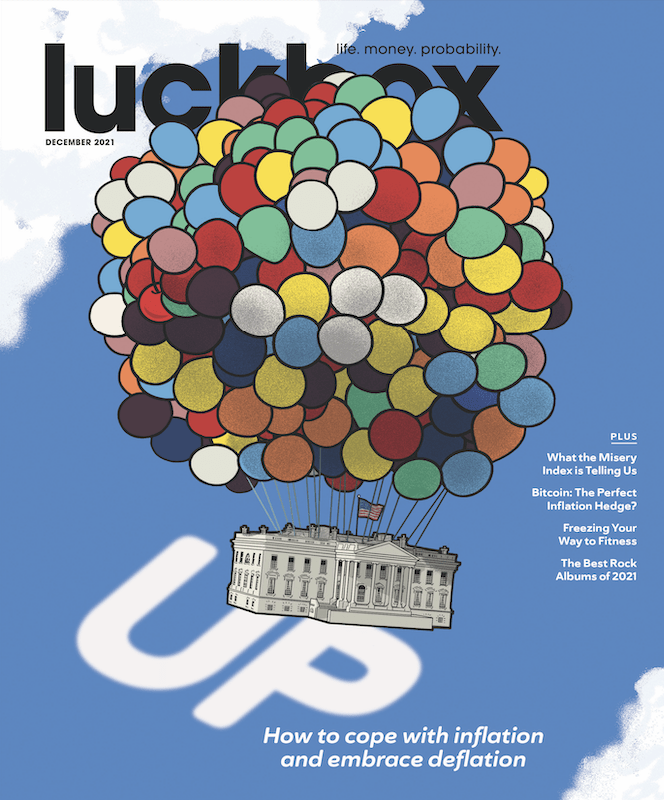DATA ISSUES
Every breath you take
Every move you make
I’ll be watching you.
Every single day
Every word you say
Every game you play
Every night you stay
I’ll be watching you.
—Every Breath You Take,
The Police (1983)

Sting composed those lyrics at Ian Fleming’s writing desk at the Goldeneye estate in Jamaica after his separation from his wife. The song became Sting’s greatest hit, but he found its popularity baffling. “I think the song is very, very sinister and ugly, and people have actually misinterpreted it as being a gentle little love song when it’s quite the opposite,” he told the BBC.
“Sinister and ugly” also describes the way tech companies and governments collect and exploit people’s personal information, often with the goal of manipulating them. Luckbox readers recognize the gravity of the problem, according to a survey that found 84% of them consider data privacy a human right.
But recent headlines suggest plenty of work lies ahead in the quest to protect personal data.
Amazon has introduced Astro, a personal smart home robot on wheels that’s expected to retail for around $1,500. Unlike stationary listening devices, like Amazon’s Alexa, Apple’s Siri and Google’s Assistant, Astro can follow an owner around the house, using its artificial intelligence, video cameras, mapping technology, and voice- and face-recognition software to capture live video and learn its owner’s habits.
Facebook’s WhatsApp messages have become so secure that no one but the intended recipient can read them—or so said CEO Mark Zuckerberg in testimony before the U.S. Senate in 2018. A message to that effect even appears on the screen before users hit send. But WhatsApp employs more than 1,000 hourly workers in Dublin, Singapore and Austin, Texas, to sift through millions of private messages, images and videos on the lookout for fraud, spam, child porn and terrorist plots.
Apple plans to thwart online child porn by enlisting consumer iPhones to detect the illegal content as it’s uploaded to an iCloud Photos account. The company intends to investigate accounts that have at least 30 images of suspected child porn and contact a national center that fights child exploitation. Guardrails are expected to limit errors or abuse, but security experts and privacy advocates fear that Apple could expand the technology to spy on iPhones and censor other types of content. Their outcry prompted the company to push back the project’s starting date.
Google announced in January 2020 that it planned to eliminate third-party cookies from Chrome by 2022. But in June the company backpedaled, delaying the move by another year and claiming it needed to “move at a responsible pace.”
The United States increased its use of biometrics for immigration enforcement during the Trump administration. President Biden has proposed the American Families Plan, which would require financial institutions to report inflows and outflows that exceed a specified amount to the Internal Revenue Service in an effort to catch tax cheats. The Treasury Department has advocated setting the minimum at $600 so that scofflaws can’t get away with fraud by using multiple accounts, but lawmakers seem more likely to choose a floor of $10,000.
Suffice it to say that the aforementioned corporate and governmental usurpations of privacy should concern every American. These examples should also indicate that citizens need to take control of their own privacy because the people causing the problem aren’t the ones to fix it.
Ed McKinley, Editor in Chief
Jeff Joseph, Editorial Director



















